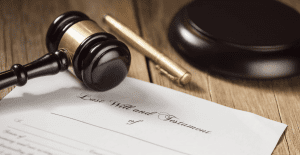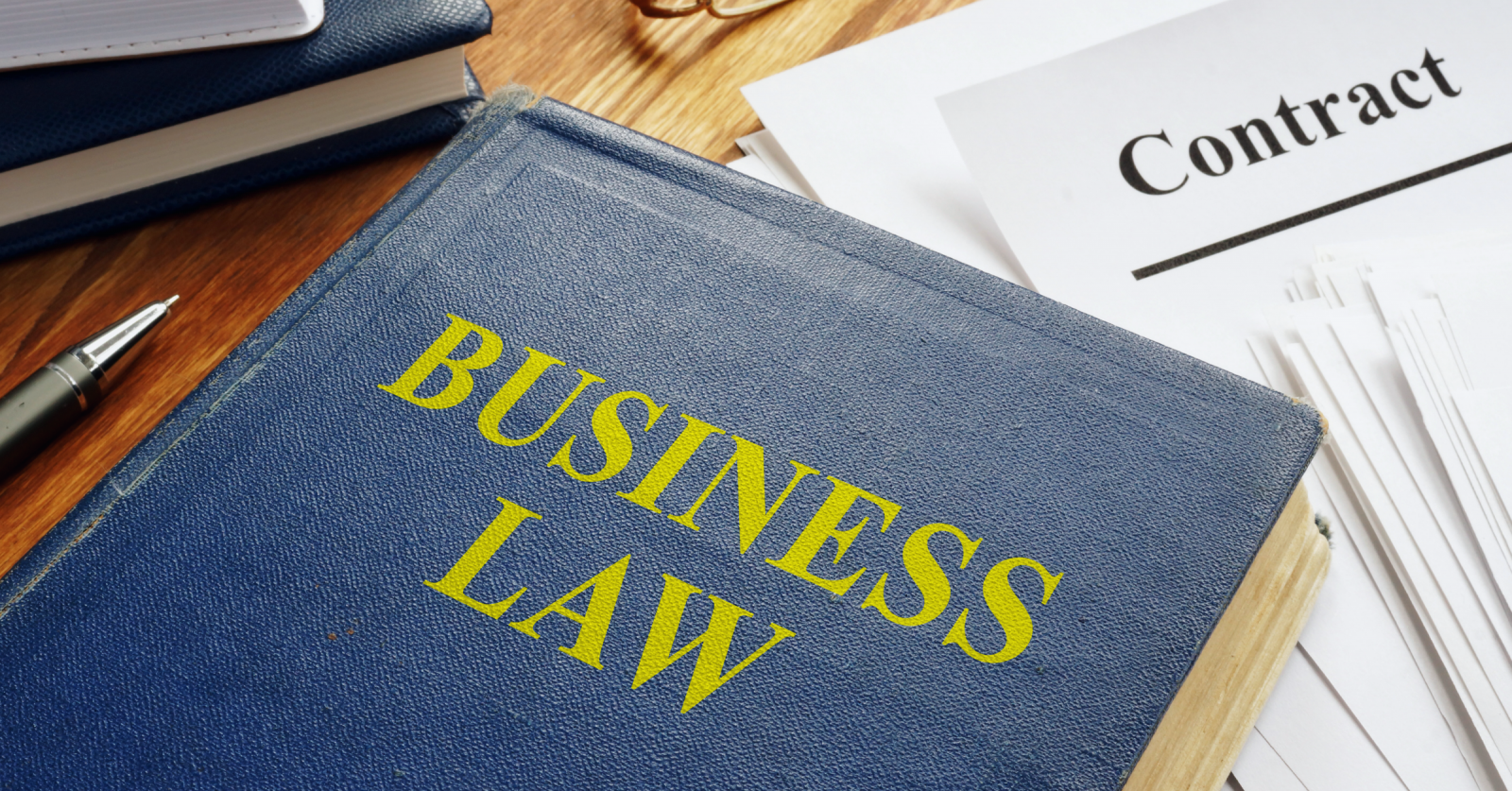Construction Law & Builder Liens in Chilliwack
From tenders, contract drafting, litigation, and the Builders Lien Act, we can handle all of your construction legal needs.

Pathfinder Law in Chilliwack stands as a premier source for specialized legal expertise in construction law. We serve a wide range of clients, including both large and small-scale companies, material suppliers, general contractors, sub-contractors, individual laborers, engineers, architects, and property owners. Our proficiency encompasses the intricate statutory elements of the Builders Lien Act as well as the common law rulings that regulate construction across British Columbia.
Our foremost objective is to secure positive and prompt outcomes that are in harmony with our clients’ best interests. Skilled in both pursuing and defending a variety of construction-related claims and defenses, such as breach of contract, builders’ lien claims, delay claims, and breach of trust claims, we are committed to achieving resolutions that benefit our clients. Whether it’s performance issues, labor, or material payment claims, our approach is centered on effective negotiation and dispute resolution. For any construction law matter in Chilliwack, Pathfinder Law is prepared to deliver the legal solutions you require.
Contact a construction lawyer today.
- Filing Builders Liens
- Removing Builders Liens Pursuant to the Builders Lien Act
- Drafting Construction Contracts
- Construction Litigation
- Construction Dispute Resolution
- CCDC Contracts
- Claims Related to Construction Deficiencies
- Recovering Outstanding Payments for Contractors
- Resolving Construction Disputes for both Contractors and Owners through Settlement Negotiations
- Warranty Matters
- Construction Delay Claims
- Extra Work Claims
- Quantum Meruit Claims
- Certificate of Pending Litigation
- Claims Related to Tender
- Procurement Law
- And Various Other Construction Law Matters
Contact Pathfinder Law in Chilliwack
We are ready to help you.
Call us for a complimentary 20-minute consultation in which we can assess your legal matter and discuss the next steps.
GIVE US A CALL
Our locations
104-2001 McCallum Road,
Abbotsford, BC V2S 3N5
8661 201 St #200,
Langley Twp, BC V2Y 0G9
Note: All in-person meetings are by appointment only.








